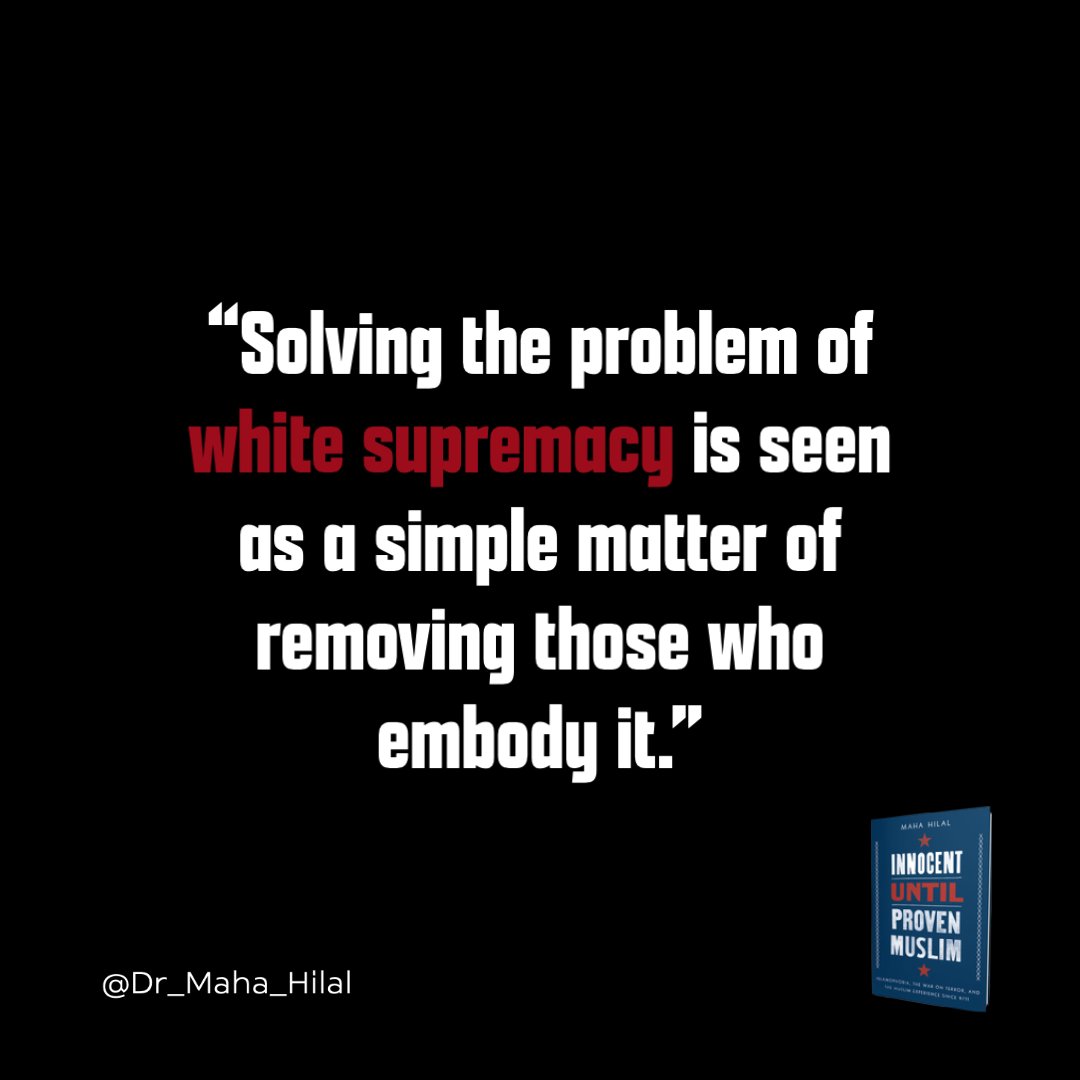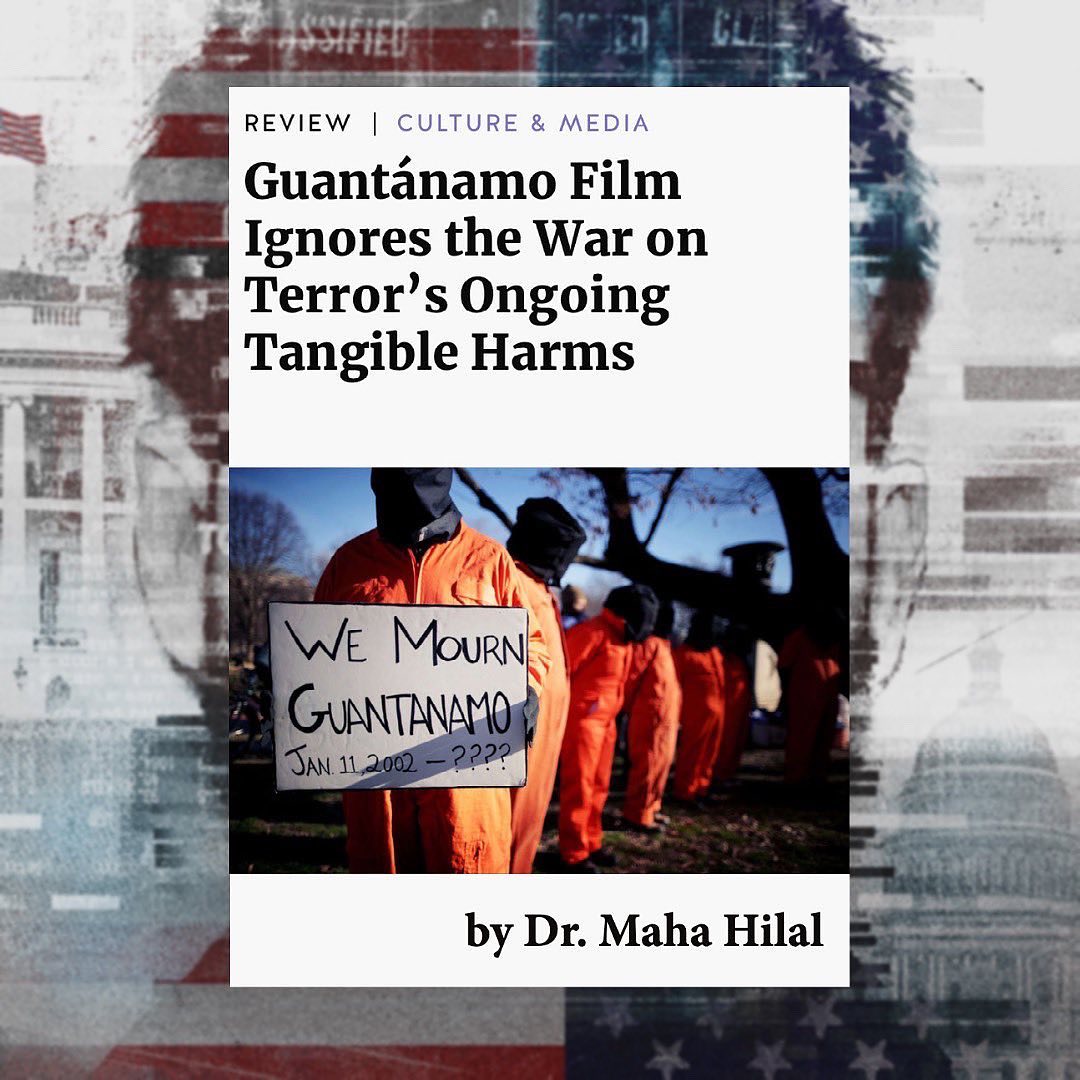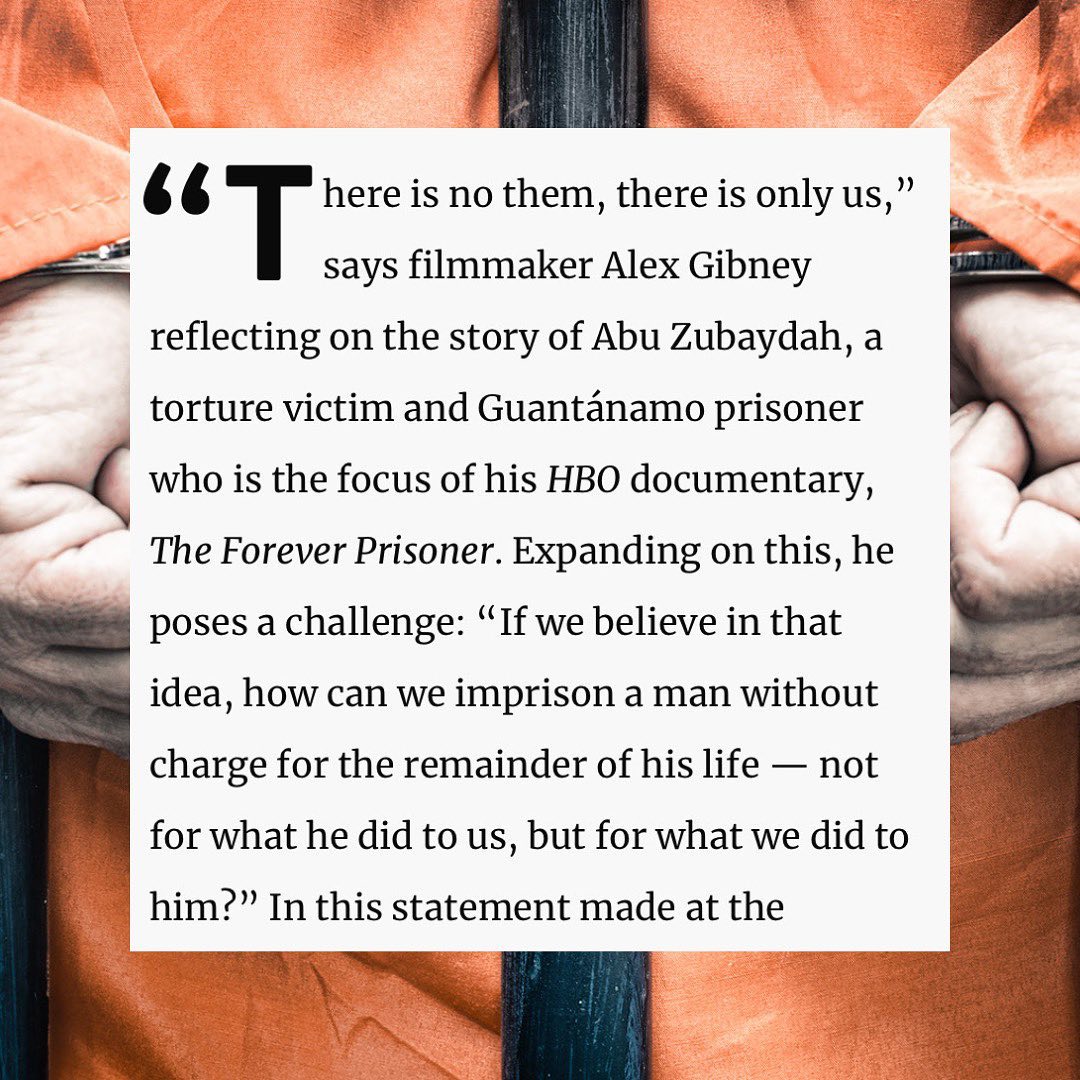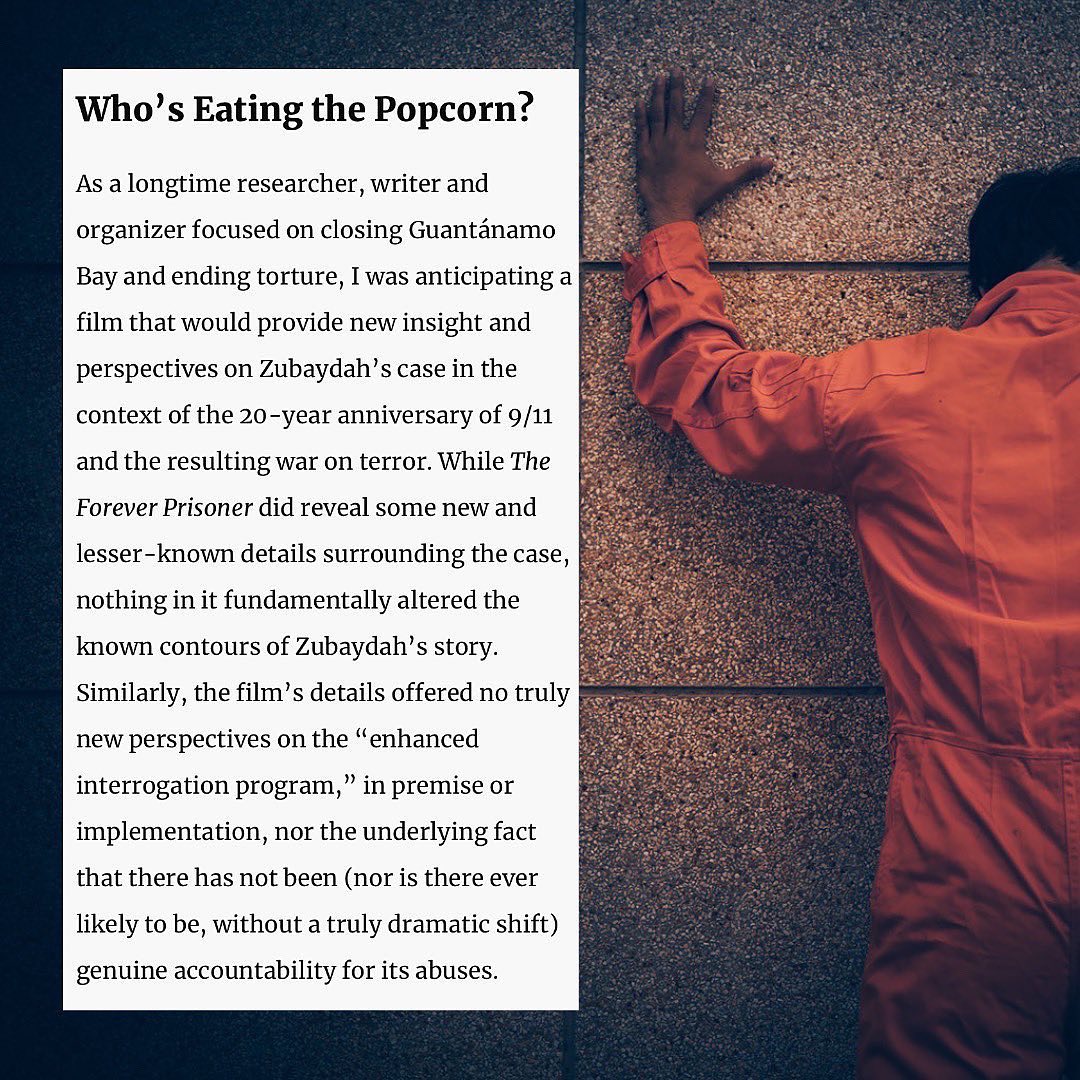
#CloseGuantanamo
#Gitmo20
If you tuned into the Senate Judiciary hearing on closing #Guantanamo, led by Senator Dick Durbin in #December, you might have noticed that the word #Muslim was only mentioned once.
Thread & my op-ed in @MiddleEastEye below.
middleeasteye.net/opinion/us-gua…
#Gitmo20
If you tuned into the Senate Judiciary hearing on closing #Guantanamo, led by Senator Dick Durbin in #December, you might have noticed that the word #Muslim was only mentioned once.
Thread & my op-ed in @MiddleEastEye below.
middleeasteye.net/opinion/us-gua…
The failure to explicitly confront the role of #Islamophobia in the existence of Guantanamo Bay & the use of torture demonstrates a willful neglect of the fact that neither would have been possible without the dehumanizing logics of Muslims in the War on Terror.
Rather than exhibiting any concern for the Muslims lives that were destroyed by detention at the notorious prison that is Guantanamo, the mainstream discourse prioritizes closing Guantanamo in order to restore the US’ reputation as a country that adheres to the rule of law.
In addition, as I write in my op-ed, “the oft-repeated narrative that Guantanamo serves as a “terrorist recruitment tool”, especially, deflects away from the US’s violent legacy of torture and indefinite detention that has made the prison infamous.”
Laced with Islamophobia, the argument that there are high rates of recidivism, is a claim that is used to deny prisoners freedom. The threat of recidivism obscures the fact that most of those who have been detained were never charged or convicted of a crime.
Per my op-ed, “there are numerous problems in how recidivism rates are calculated, including the wide scope of what is considered reengagement which, according to Guantanamo defence lawyer Michel Paradis, includes any interviews, books and speeches that criticise the US.”
Recidivism in the context of the US withdrawal from Afghanistan is an argument used to say that we should hold the remaining prisoners in detention indefinitely because as Islamophobia permits, they should be held accountable for the acts of others.
Despite how deeply Islamophobia permeates the policies and discourse in the War on Terror, it remains an unacknowledged systemic problem that is critical to the dismantling abolishing Guantanamo. Why can’t this problem be named after two decades?
Closing Gitmo is imperative for Muslims. But we cannot let it happen in order to silence and gaslight its legacy of harm. Closing Gitmo should not be a project focused only on abandoning a physical structure, it should be about ending the injustice visited on Muslim prisoners.
@threadreaderapp unroll
@theCCR @UK_CAGE @NRCATtweets @krisgarritee @PradhanAlka @TasnimMotala @MPower_Change @IPS_DC @MPower_Change @GitmoWatch @GuantanamoAndy @TheWayWithAnoa @CVTorg @WitnessToGTMO @katherga1 @MansoorAdayfi @MohamedouOuld
• • •
Missing some Tweet in this thread? You can try to
force a refresh













